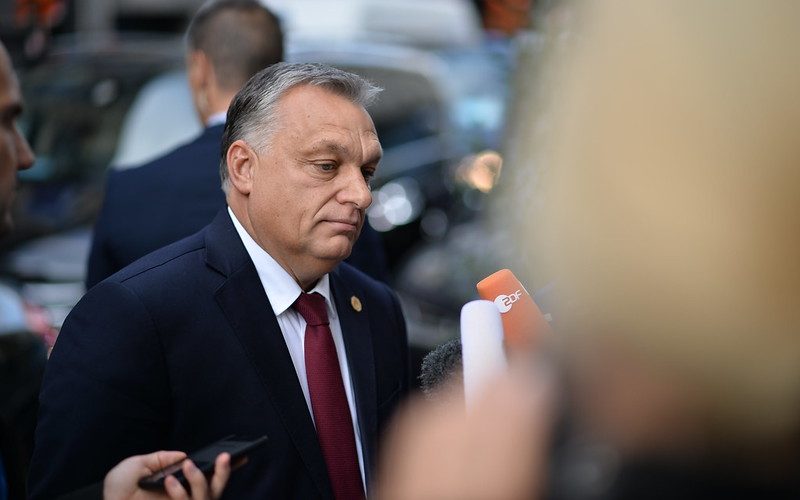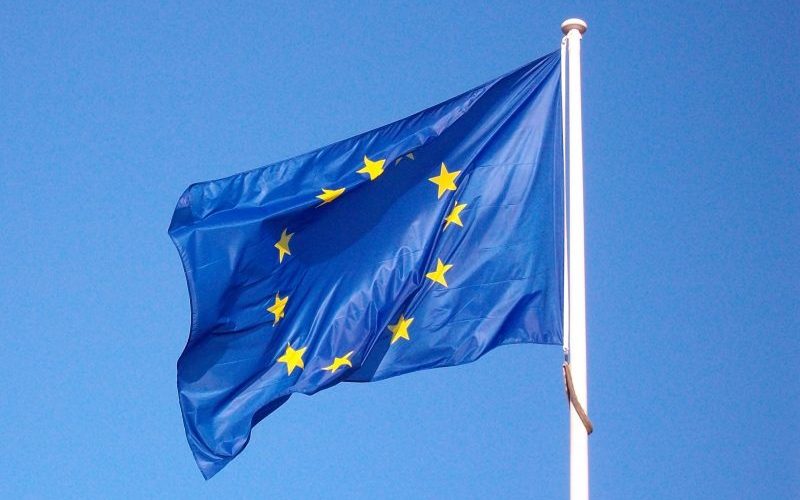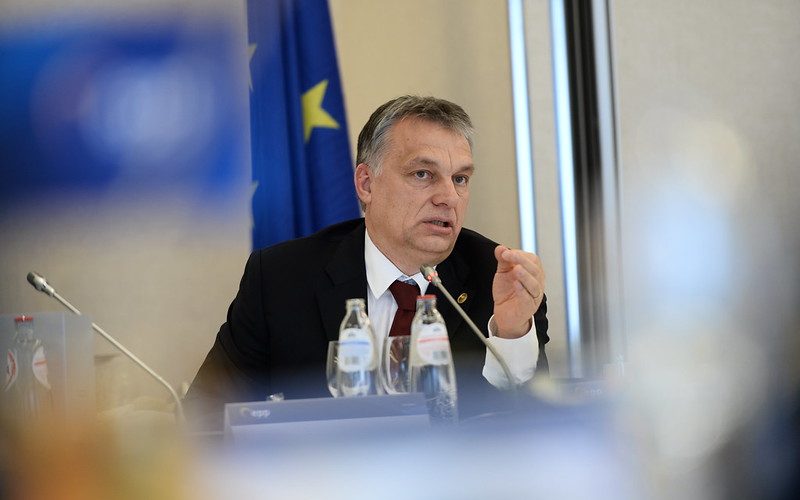
Viktor Orbán’s racist rhetoric and his propagation of the “great replacement theory”
Hungarian prime minister Viktor Orbán has been known for his racist sentiments for years. However, his most recent remarks during a speech in Băile Tușnad, a town in Romania where Hungarian minorities live, nevertheless sparked outrage due to their outright racist nature.

The EU 2004 Enlargement – Democratization gone wrong?
For decades, the European Union’s democratisation of its neighbours and potential future accession countries has been the primary objective of its external relations and at the core of what constitutes it as “soft power”. Now, 16 years after the accession of the eastern European countries, it remains questionable whether the intended democratisation succeeded. Several countries, above all Hungary and Poland, show increasing authoritarian tendencies and a retreat from liberal democracy. This article analyses the EU’s democratisation process before the 2004 enlargement and seeks to shed light on whether and why democratisation seems to have failed in Eastern European countries.

Hungary – On the Brink of Democracy
Since Fidesz’s electoral victory in 2010, the Hungarian political and social landscape has been subject to numerous undemocratic reforms, transforming the state into a “hybrid regime”. Restricted media freedom, the backlash against NGOs and civil society, courts that lack impartiality and meddling with electoral districts (gerrymandering) are, amongst many others, signs of the illiberal state that Orbán tries to create. Meanwhile, the EU remains inactive, as it lacks the necessary means and/or political willpower to enforce basic democratic standards in its own member state.

